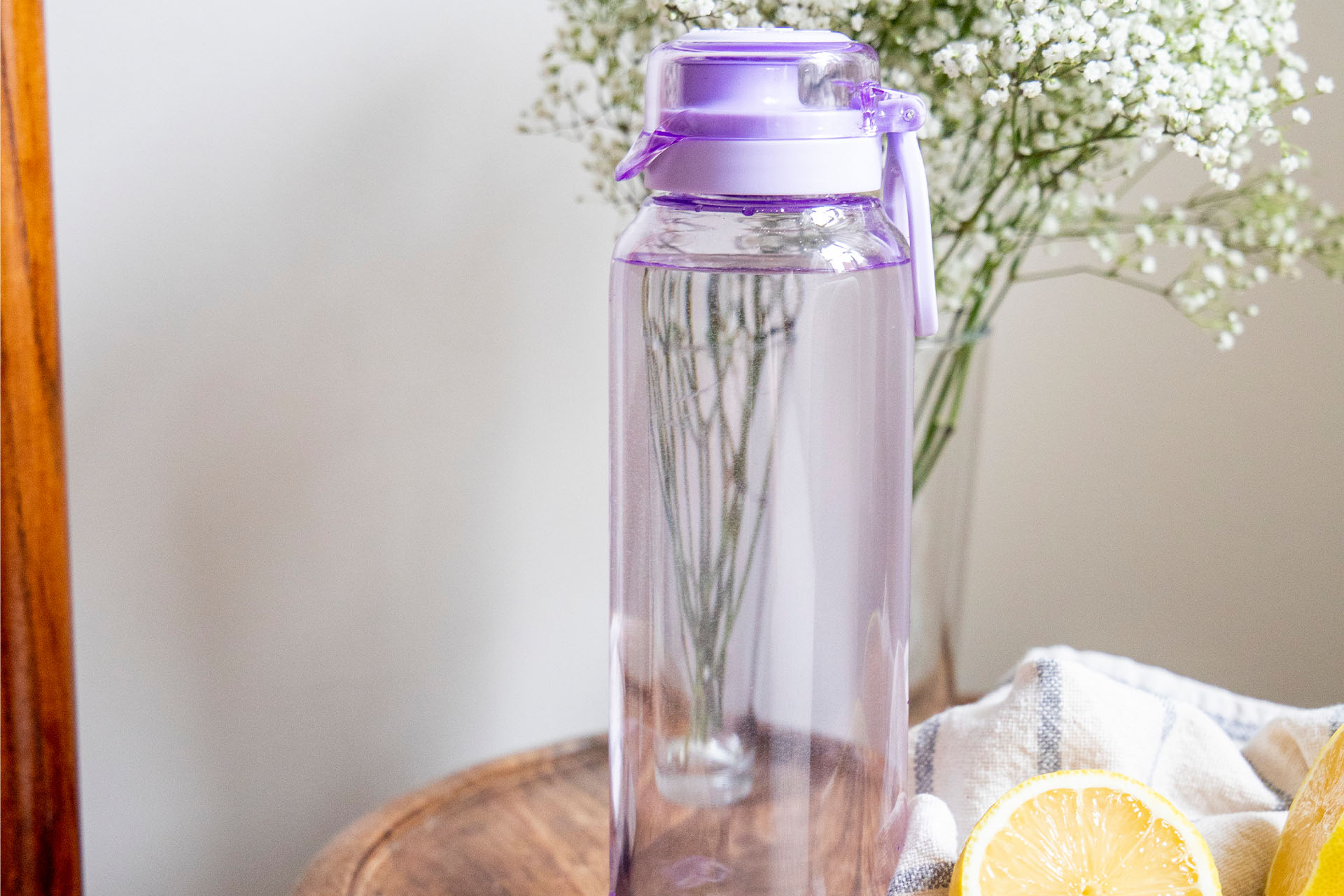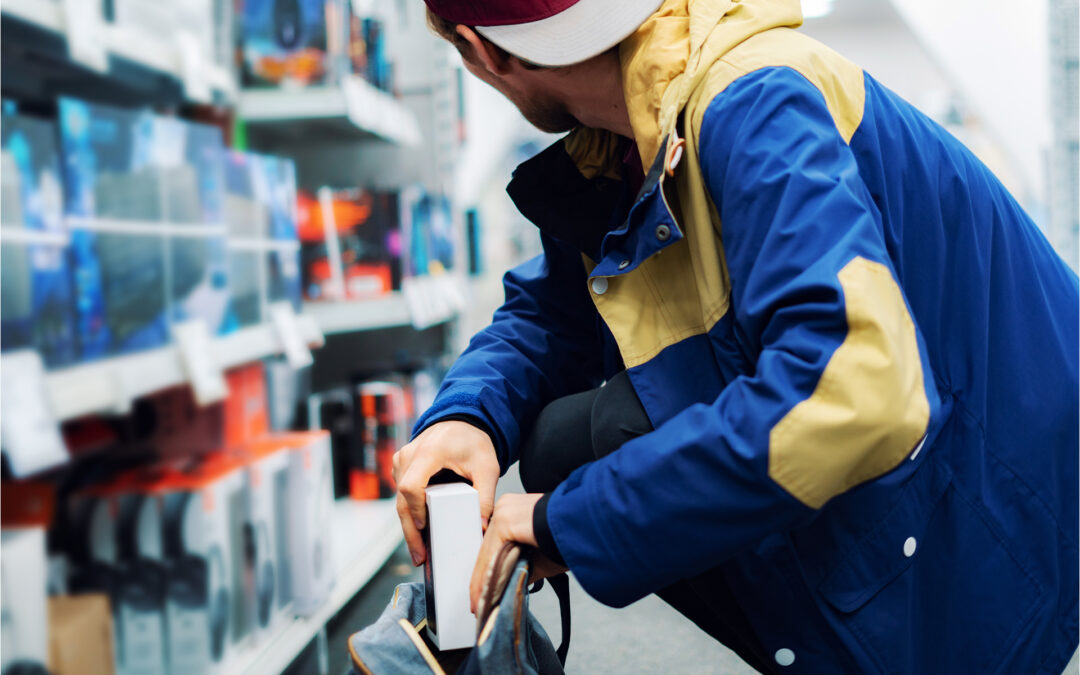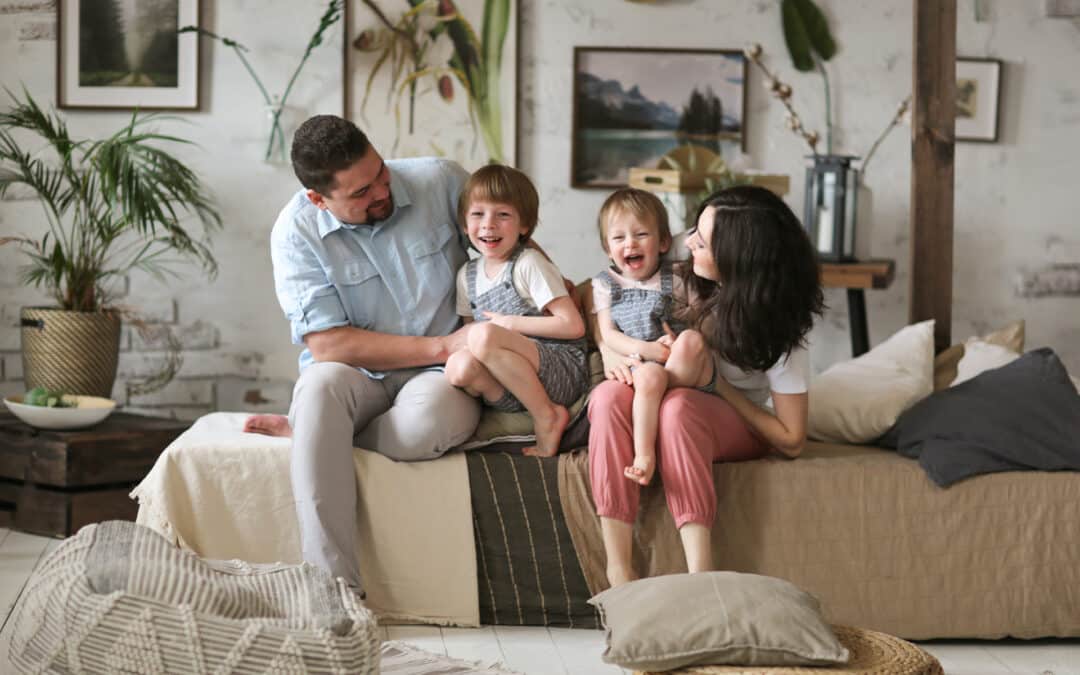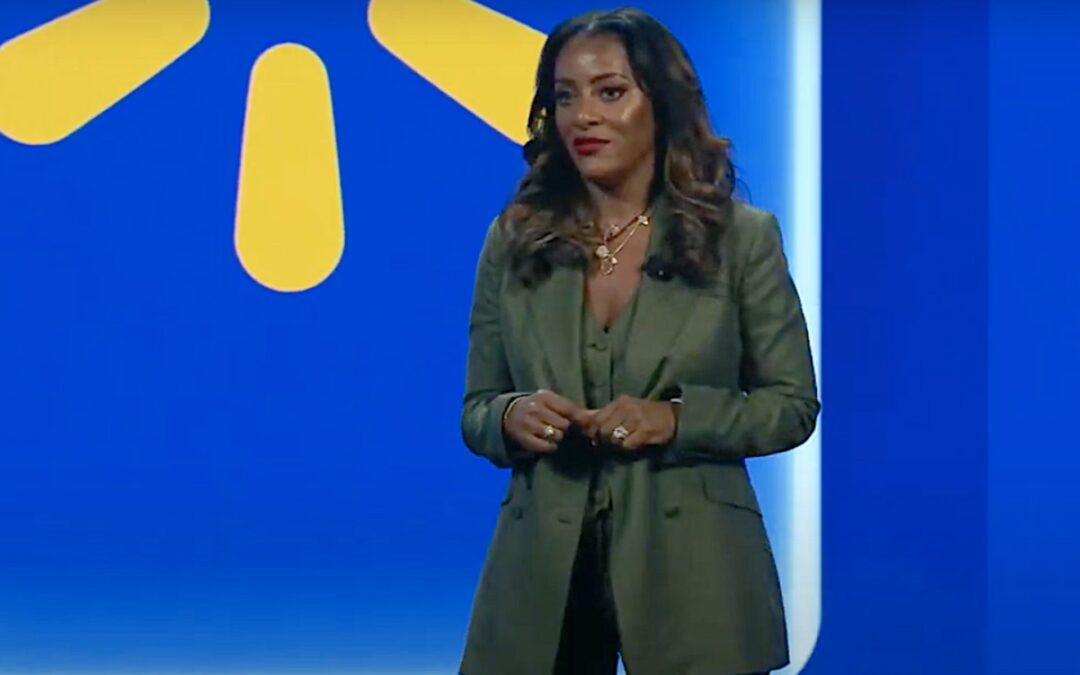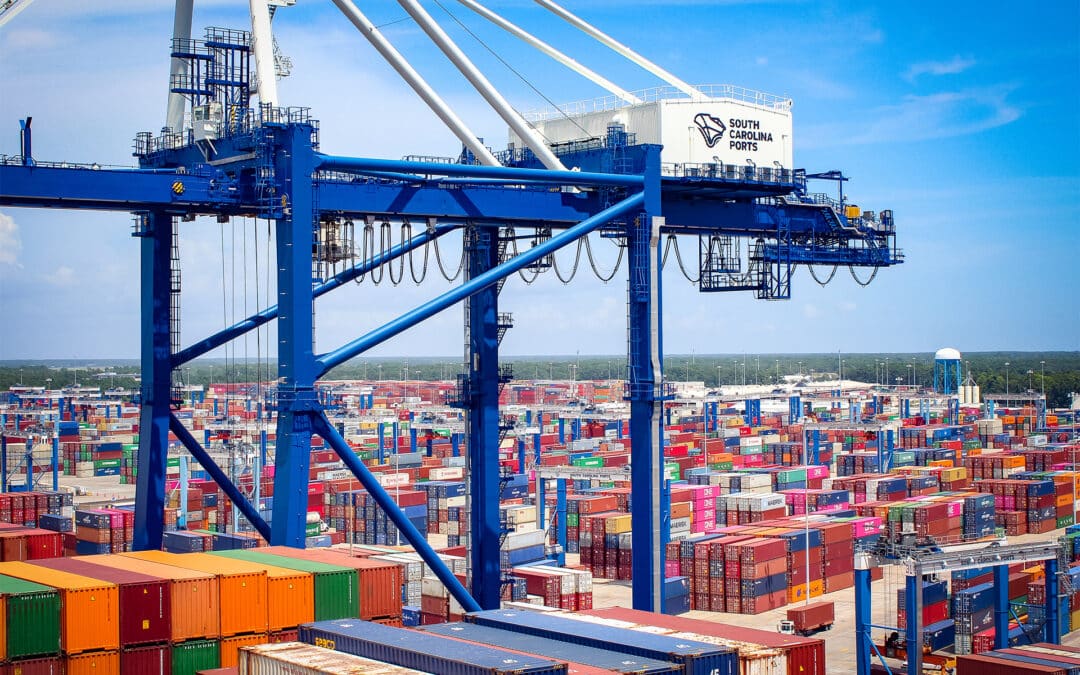Market research firm Freedonia points out that retailers are investing more deeply in various facets of sustainability, including ways to make their product assortments more eco-friendly.
Freedonia particularly cited The Kroger Co. announcement of its launching a reusable product assortment as part of a partnership with circular packaging firm Loop in select stores across the United States. The assortment includes Kroger private-label goods and major food and household brands.
Developed by the circular reuse platform TerraCycle, Loop recovers and sanitizes reusable packaging for recirculation with new contents, Freedonia noted. Subscribers to the Loop service pay a deposit ranging from 15 cents for a glass beverage bottle to $10 for a stainless steel container of disinfecting wipes. Manufacturers participating in the program introduce products that employ reusable packaging. Those products reside in designated Loop sections established by retailers that are part of the network. The Loop sections also serve as the collection sites for end-users returning the packaging when the contents are consumed.
Loop announced its global subscriber network has grown from about a dozen participating companies worldwide in 2020 to 150 in 2022. In addition to Kroger, Freedonia noted, independent brands and major packaging end-users such as Nestle are expanding their reusable packaging options as part of the program.
Freedonia also indicated Target launched a labeling system that helps customers to more thoroughly understand the eco-benefits products offer. One of several environmentally friendly initiatives by retailer, Target Zero, helps shoppers identify products and packaging designed to be refillable, reusable, compostable, made from recycled content or made from materials that reduce the use of plastic. On its website, Freedonia noted, Target allows shoppers to filter search results that involve sustainability by product category and sustainability claim.
Freedonia research indicated that many consumers are thinking about the relations between packaging and sustainability and that they are becoming more thoughtful about the subject. In the research, consumers in the United States rated packaging made from bioplastics as the most sustainable, for example.
Just recently, Gelson’s Markets, a 27-store supermarket chain operating in the Los Angeles and San Diego markets, launched Newlight Technologies Aircarbon foodware, products that incorporate a plastic-like material made with bioderived PHB and without petrochemicals.

